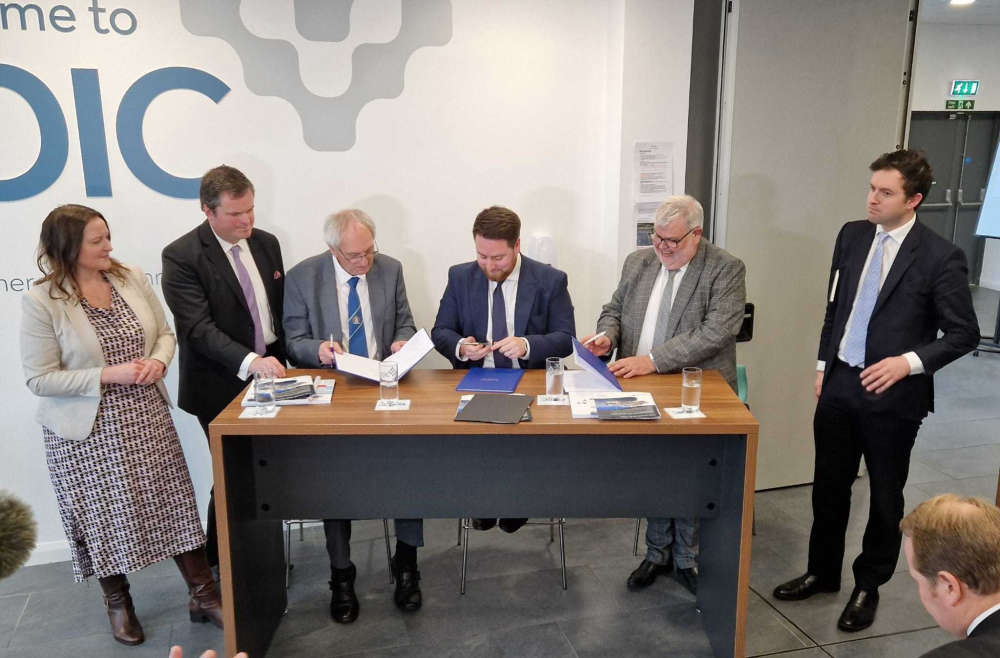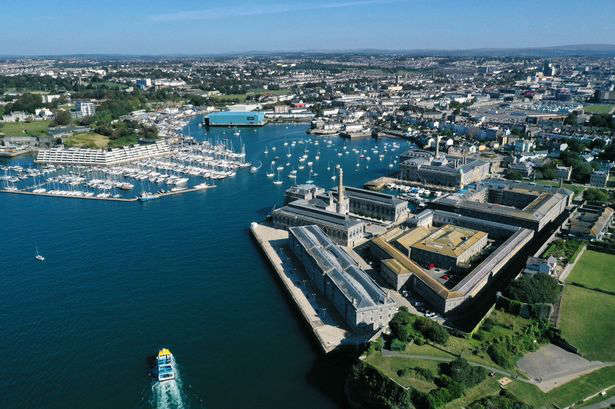
He's the man in charge of the city's bus station redevelopment
The man in charge of the controversial Bus Station and St Sidwell’s Point redevelopment in Exeter is set to become the leader of Exeter City Council.
The Labour-led authority had been led by Pete Edwards for the past nine years, but he stood down as a councillor ahead of May’s elections, electing to retire.
A selection process by the Labour group of councillors on took place Saturday, May 4, where Cllr Phil Bilayk was elected as the new leader of the group, and therefore Leader Elect of the council.
Cllr Rachel Sutton was confirmed as Deputy Leader Elect, the role that she currently holds.
Cllr Bilayk, who represents the Exwick ward and has been a councillor since 2011, is currently the Portfolio Holder for Health and Wellbeing, Communities and Sport. He is also the lead councillor with responsibility for the bus station redevelopment.
The tendering process to build the new £8m bus station has begun, with the he new Exeter Bus Station to include a covered waiting and boarding areas and high quality facilities, and will replace the current station which was opened in 1964.
The new station will be build alongside St Sidwell’s Point, the city’s new Passivhaus leisure centre, being built at a cost of £43.8m.
His elevation to the leader of the council is set to be confirmed at the annual council meeting on Tuesday, May 14.
At that meeting, councillors will vote on who they want to lead the council for the next 12 months, but with Labour holding 29 of the 39 seats, it is virtually certain that Cllr Bialyk, with the backing of the Labour group, will become leader.
At the Annual Council meeting the Executive, Portfolio Holders, Member Champions, Scrutiny and Committee members will also be revealed.
A new Lord Mayor will also be elected and a Deputy appointed at that meeting.
Despite losses to the Green Party and Independent candidate Jemima Moore in the centre of centre, the Labour party gained one seat in Thursday’s elections, winning seats in the Alphington and Pinhoe wards, plus taking the vacant seat in Priory.
The political makeup of the council stands as Labour (29), Conservative (6), Liberal Democrat (2), Green Party (1) and Independent (1).
The council operates under the electoral thirds cycle, where 1/3 of the council is elected in each year, with no elections in the fourth year.
Unlike Thursday’s election, there is a chance that the control of the council could change hands in May 2020.
Labour will be defending 11 seats – the Conservatives two – in 12 months’ time, meaning that they would have to win just two of the 13 seats to keep control for another two years, as there are no elections in 2021.
 Young voices barely registered in devolution consultation
Young voices barely registered in devolution consultation
 Energetic Pretty Woman is a must-see
Energetic Pretty Woman is a must-see
 Devoncast - Police and Crime Commissioner election special
Devoncast - Police and Crime Commissioner election special
 New pledge on South Hams Freeport funding
New pledge on South Hams Freeport funding
 Axminster children connect with space station
Axminster children connect with space station
 East Devon should get new CEO
East Devon should get new CEO
